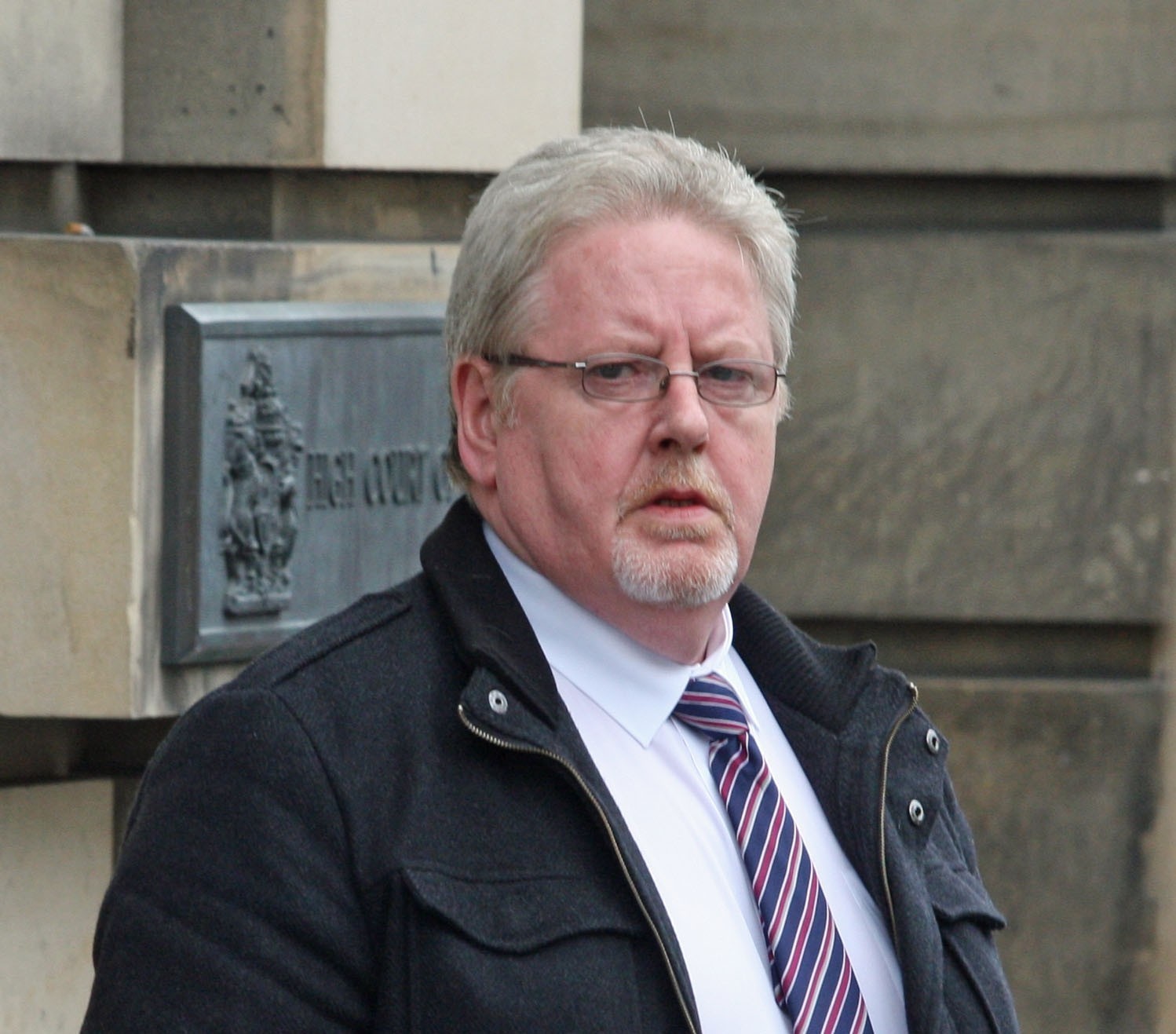A killer who has twice been jailed for life for murdering his cousin, is back behind bars today after his latest legal challenge failed.
Ian Geddes, 59, claimed he was a victim of a miscarriage of justice after his second trial in 2013 when he was again found guilty of murdering Charles McKay, 48, by smothering him with a pillow at the victim’s home at East MacKenzie Place, Inverness.
But judges at the Court of Criminal Appeal in Edinburgh yesterday rejected his challenge and Geddes, who had spent more than a year on bail pending the appeal, was returned to prison.
The Lord Justice Clerk, Lord Carloway, said: “Having regard to all the suspicious circumstances surrounding the death, the jury’s verdict must be seen as an entirely reasonable one.”
Geddes’ lawyers had challenged his conviction arguing that the verdict returned against him was one that no reasonable jury, properly directed, could have returned.
But Lord Carloway, who heard the appeal with Lord Brodie and Lord Drummond Young, said: “There was ample justification for the jury to hold that the deceased did not die from natural causes from a fall downstairs, having taken excessive quantities of dihydrocodeine or alcohol. He did not commit suicide.
“There was evidence that his injuries were consistent with him having been smothered by the pillow.”
Geddes, formerly of Atholl Place, Falkirk, was initially found guilty of the murder in 2005, defrauding his victim of cash and trying to commit another fraud with a fake will.
He appealed his first conviction and a re-trial took place because of new medical evidence.
But he was found guilty for a second time of murdering former offshore electrical engineer Mr McKay on March 18 or 19 in 2003.
His solicitor advocate John Scott QC said: “I invite the court to accept this is one of those must unusual cases, rare cases, where this court can and should intervene and quash the verdict of the jury as unreasonable.”
Following his first trial Geddes was ordered to serve at least 15 years. Following the second trial he was told he must serve at least eight years and nine months, meaning the sentence remained the same.
Advocate depute Andrew Stewart QC invited the appeal judges to refuse the appeal. He said the flaw in the appeal grounds advanced was that they focused solely on the medical evidence and did not take into account the wider evidence.
